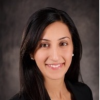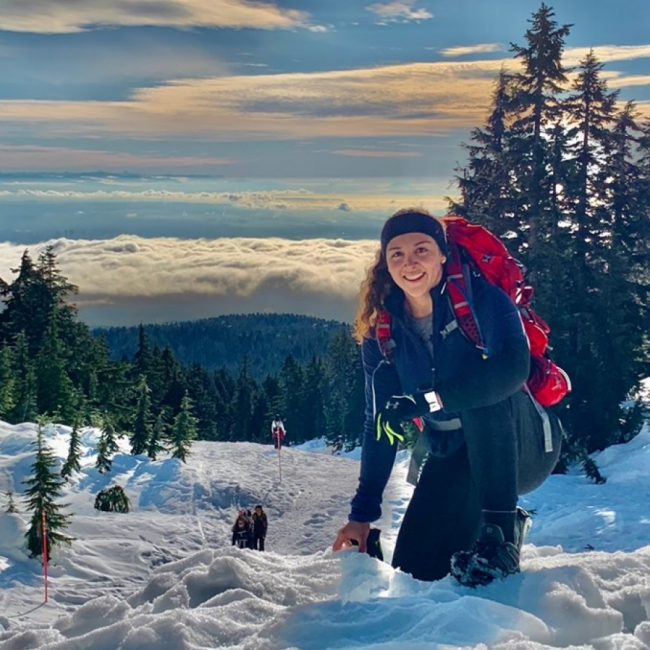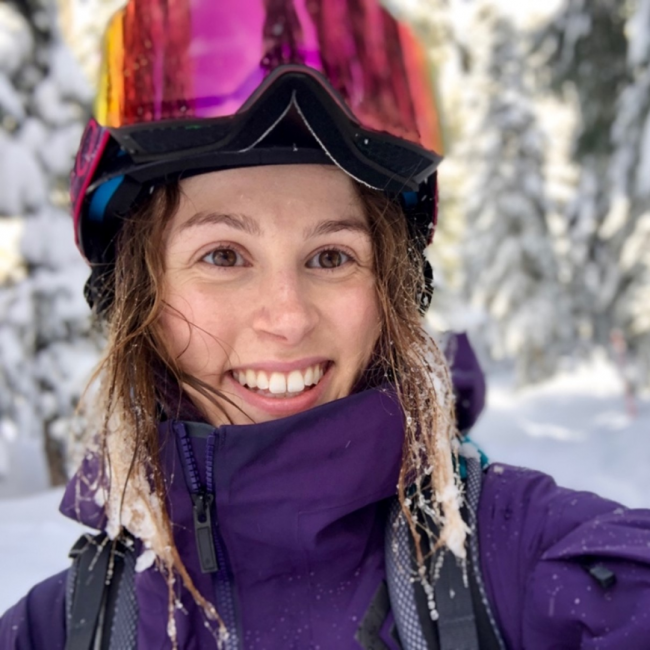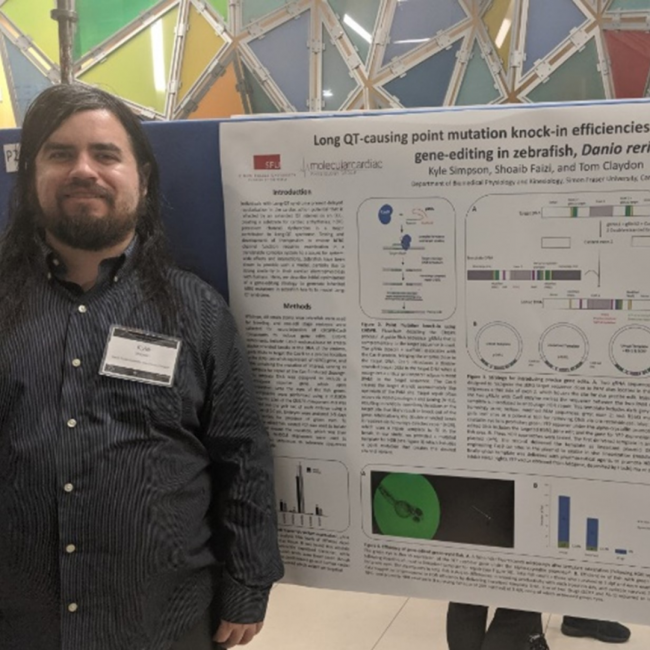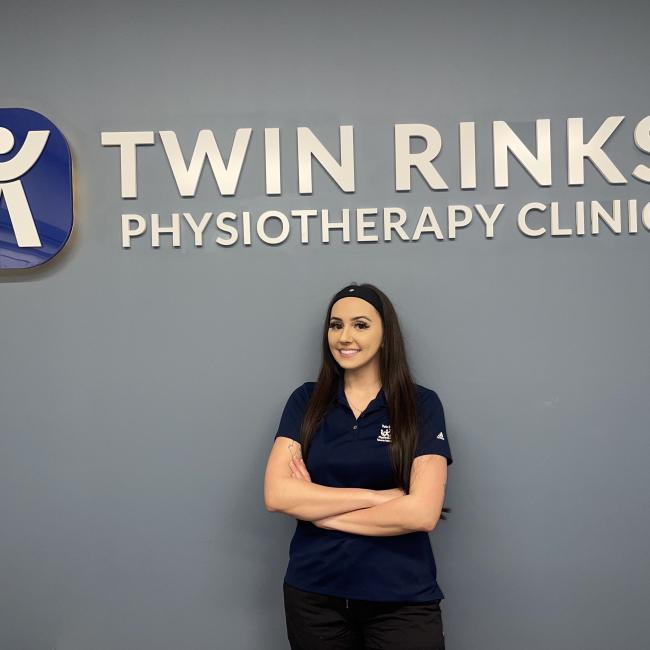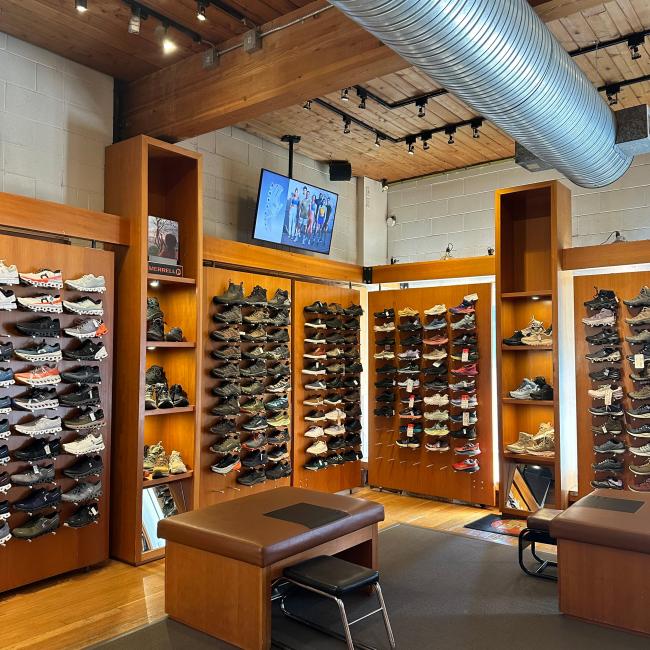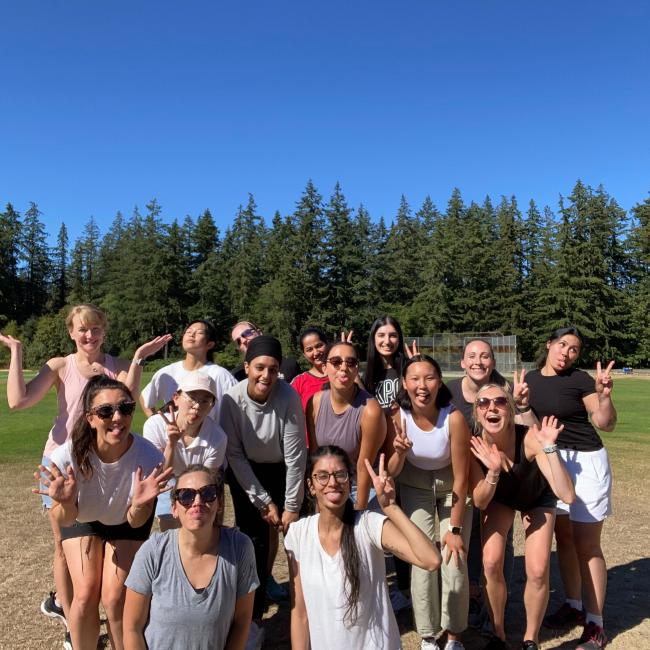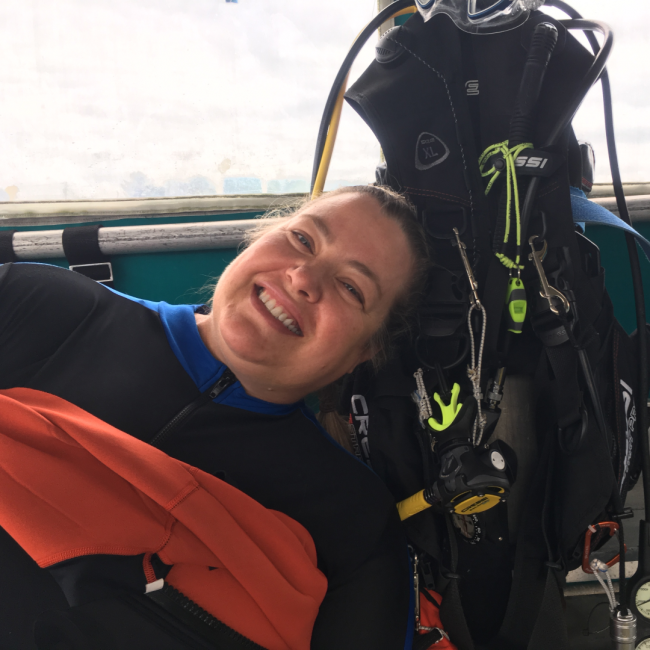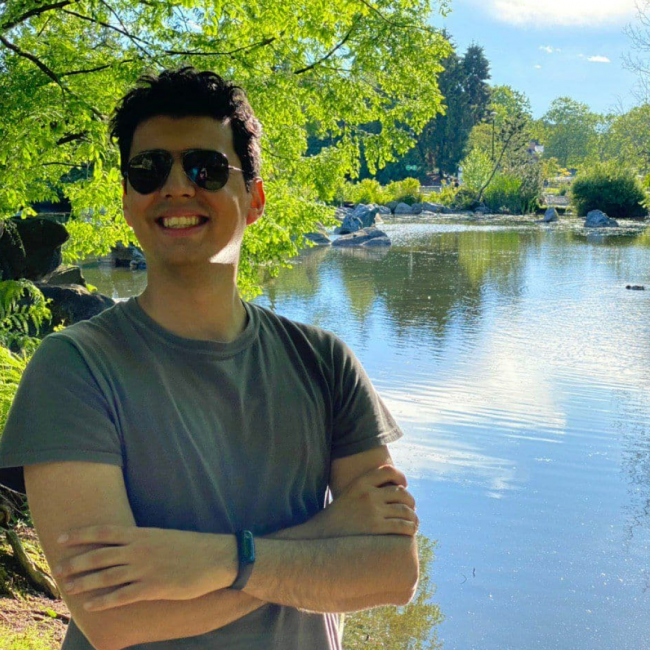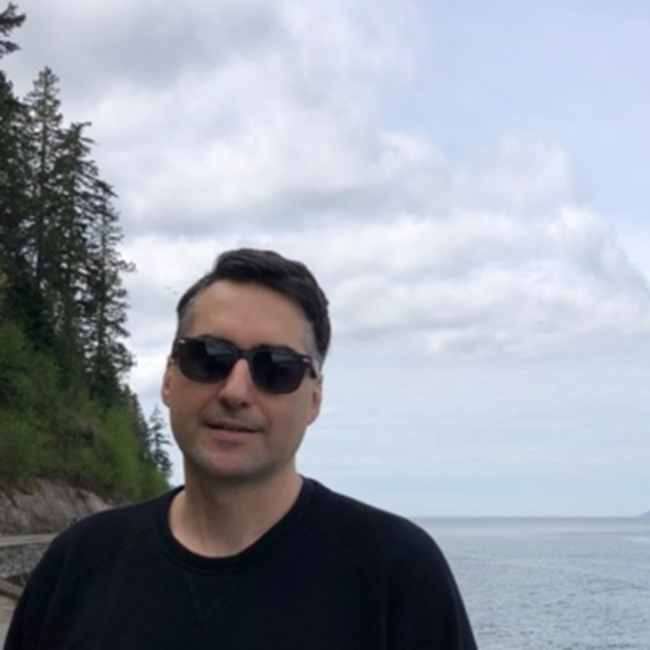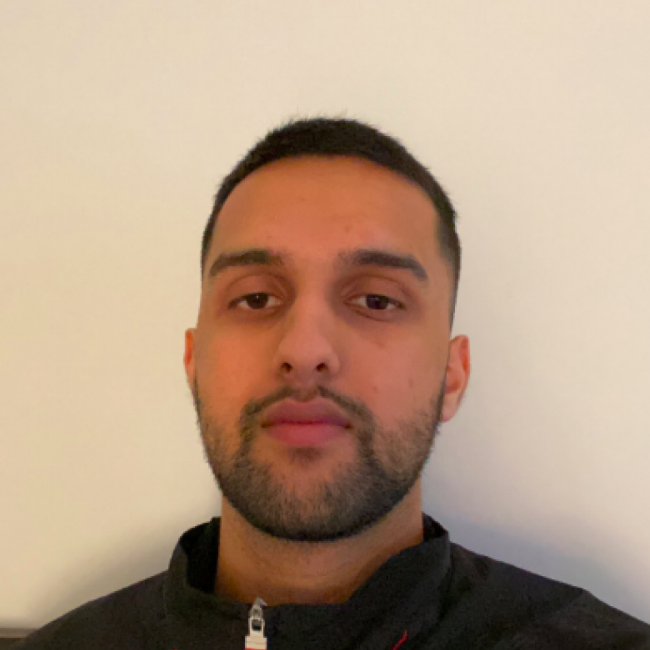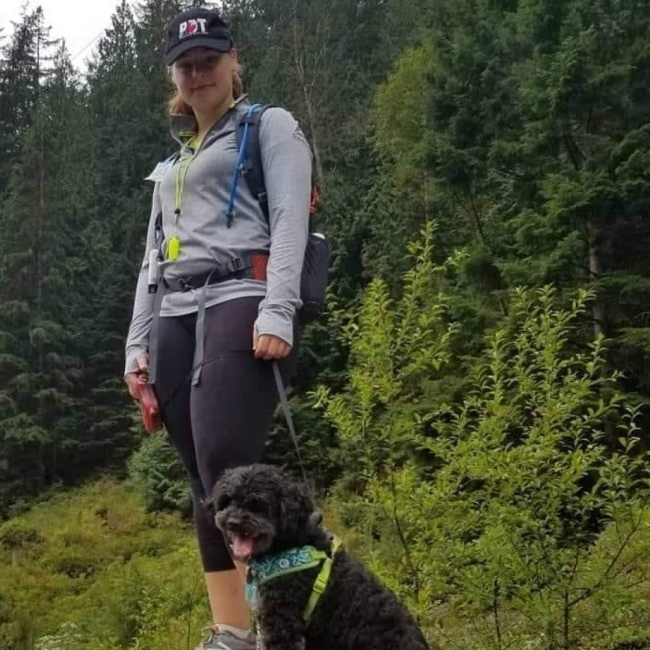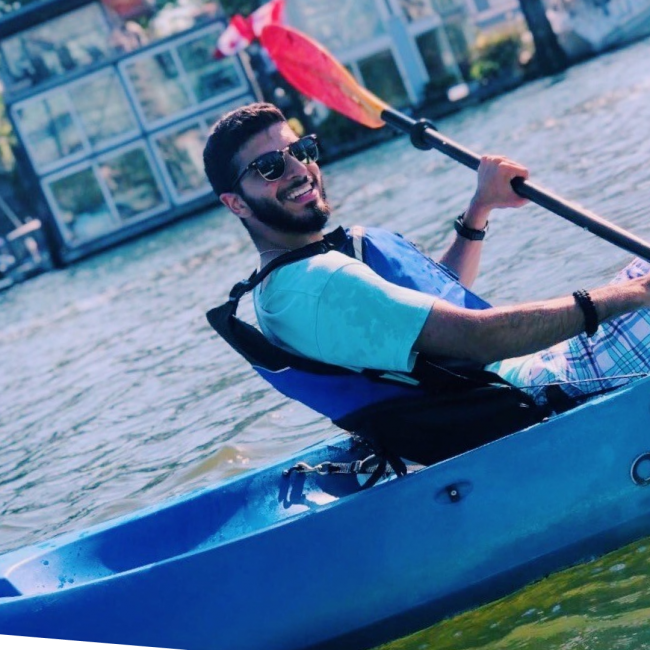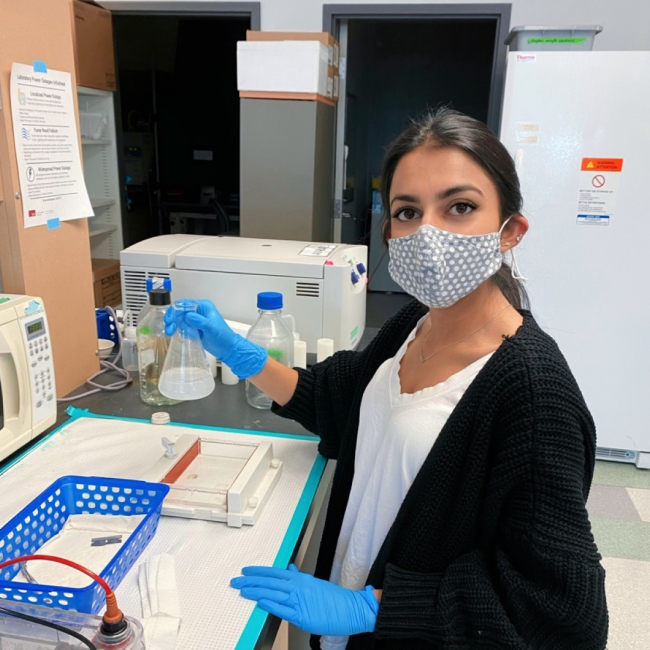What are your work responsibilities?
I am currently a resident physician in internal medicine, where I am responsible for managing the care of patients on a daily basis (in conjunction with a staff physician), engage in research projects, teach junior trainees and participate in administrative duties.
How did you become interested in your field?
Growing up I always loved science and enjoyed interacting with people. As I went through my undergraduate degree I considered various career options such as physiotherapy and genetic counselling, but I found that medicine offered great diversity in practice and also enabled me to bring together my interest in physiology, patient interactions and teaching.
What do you enjoy most about your current position?
As a physician, we have a unique opportunity to help individuals while they are at their most vulnerable and guiding a patient through these trying times is the most rewarding part of my job.
What have been the biggest challenges in your career?
Medicine can be stressful. We often work long hours and sacrifice other parts of our lives to become successful in this field. As well, the gravity of the decisions we make have a significant impact on those around us, making the margin for error exceedingly small.
What were the keys to your success in overcoming these challenges?
At the end of the day we are lucky to be in this field; the rewarding days far outweigh the overwhelming days. As well, we have great mentors who provide us with the guidance and motivation to become the best clinicians possible.
Why did you choose Simon Fraser University and BPK to pursue your education?
I chose the BPK program at Simon Fraser University because the faculty had a strong reputation and the program provided great diversity in the courses and streams offered.
What were the major challenges that you faced during your studies at SFU and BPK?
Initially when I first entered Simon Fraser University time management was a challenge. The pace was much faster than that of high school and often you were managing multiple assignments, midterms or finals within a confined period of time. Through these experiences, though, I learned how to prioritize and improve my efficiency in studying and preparing for assignments.
How did your education at SFU and BPK influence your career?
I first realized that I loved physiology during my Kinesiology 205 course that was taught by Dr. Andrew Blaber. I thoroughly enjoyed every moment of that course and I began to realize that I wanted to pursue a career that would have a component of physiology within it. I also had the opportunity to attend various career events put on by the former Kinesiology Student Association (now BPK Student Association) where we had the opportunity to interact with current medical students, which helped me realize that I wanted to pursue a career in medicine.
What is your favorite memory from your time at the university and the department?
My favourite memory from my time at Simon Fraser University was running on the seawall during my BPK 143 course at Harbour Centre.
Who do you think make a difference at SFU or BPK, or who do you remember the most from the department?
Honestly, I admired and respected many of my professors and lecturers at Simon Fraser University. One individual who stands out is Dr. Glen Tibbits. To this day, he has been one of the best lecturers I have had the pleasure of taking a course with. He was both extremely knowledgeable and engaging. Dr. Tibbits had a way of making complex issues easily understandable and his love of cardiac physiology was apparent every time he gave a lecture. Dr. Tibbits had a high expectation of his students, however, he ensured that he provided us with the necessary tools to succeed. Lastly, I always appreciated his sense of humour.
What advice would you give to current students at BPK?
Your time at Simon Fraser University will be some of the best years of your life so take in this great experience, as it will be done sooner than you realize. As you complete your degree, remember it’s not just a piece of paper to hang on the wall, it is your opportunity to gain exposure and develop life long skills that will help shape the person you become. Experiment and take this time to find out the things you like and despise because it is a safe environment to do so and this will help you realize the type of career you want to pursue.
Lastly, I want to repeat a quote from Randy Pausch: “The brick walls are not there to keep us out. The brick walls are there to give us a chance to show how badly we want something.” Remember, if you are truly passionate about something, there is no obstacle you cannot overcome.
This post was originally posted on the SFU BPK Alumni Page.









